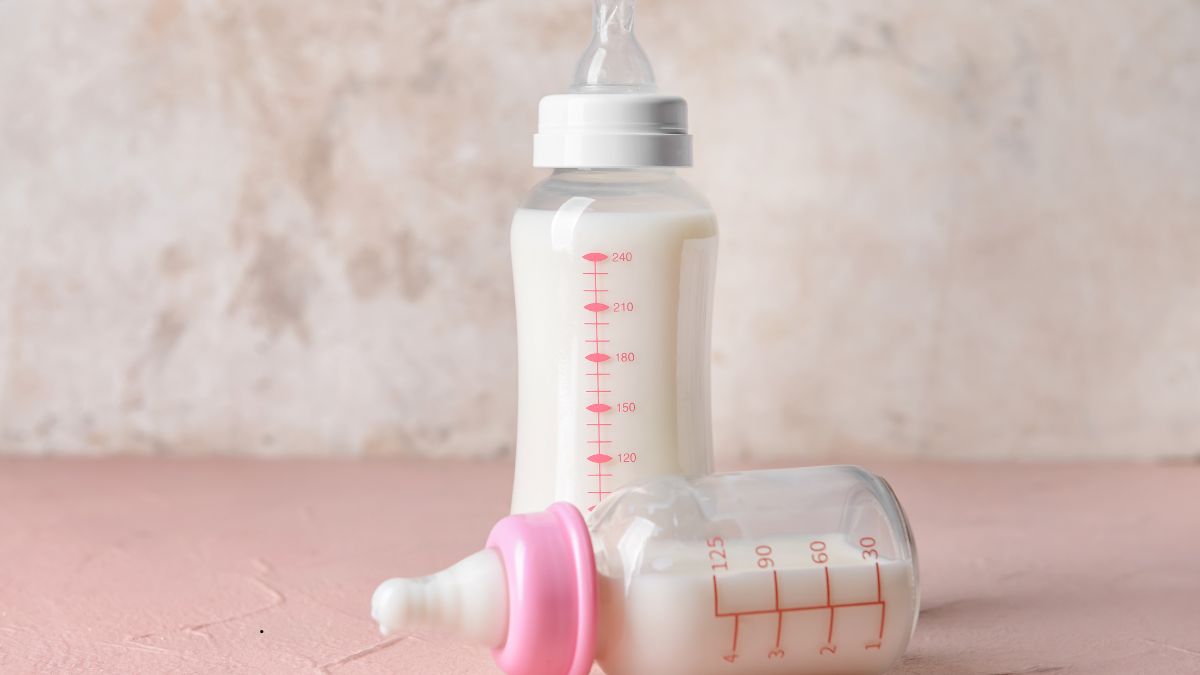
The World Health Organization (WHO) and the United Nations Children’s Fund (Unicef) have launched the “Babies Before Bottom Lines” manifesto to highlight what they describe as unethical baby milk marketing practices in South Africa.
The manifesto, published on 30 April 2025, criticises formula milk companies for promoting misleading health and nutrition claims. The organisations warn that such marketing practices undermine breastfeeding and mislead parents at critical stages of infant care.
According to WHO’s South Africa country representative, Shenaaz El-Halabi, formula companies often present incomplete or unsupported scientific evidence to promote their products. WHO is urging companies to stop implying health outcomes that are not backed by rigorous science.
WHO and Unicef are calling for updated regulations in South Africa to reflect changes in digital marketing and advertising techniques. The existing Regulation R991, enacted in 2012, predates many of today’s social media platforms, which are now used to target new parents with personalised promotional content. These platforms allow advertisers to reach parents at times when they may be emotionally vulnerable, often blurring the lines between factual information and marketing.
A key concern is that parents are frequently exposed to advertising that questions the adequacy of breastmilk, creating unnecessary doubts about its sufficiency and quality. This discourages breastfeeding, which both WHO and Unicef continue to promote as the healthiest feeding option for infants.
WHO’s Dr Laurence Grummer-Strawn stated that marketing tactics such as brand extension and targeted messaging exploit moments of parental stress and uncertainty. He emphasised the need for evidence-based support systems and cautioned against corporate influence during the early days of a child’s life.
The organisations also flagged that formula companies often target health professionals to influence prescriptions, contributing further to the spread of formula feeding over breastfeeding.
Unicef South Africa representative Christine Muhigana acknowledged ongoing efforts from government and civil society to address these challenges but warned that current strategies remain insufficient without regulatory reform and increased public awareness.
Online content creators in South Africa have supported the campaign by sharing their concerns about the impact of aggressive formula marketing. The campaign aims to create greater awareness around informed infant feeding practices and reduce the influence of commercial interests in parental decision-making.
WHO and Unicef maintain that marketing should never override public health, and that caregivers must receive accurate, unbiased information to make informed choices. They continue to advocate for stricter oversight of formula advertising to ensure that breastfeeding is protected and prioritised in line with global health recommendations.

